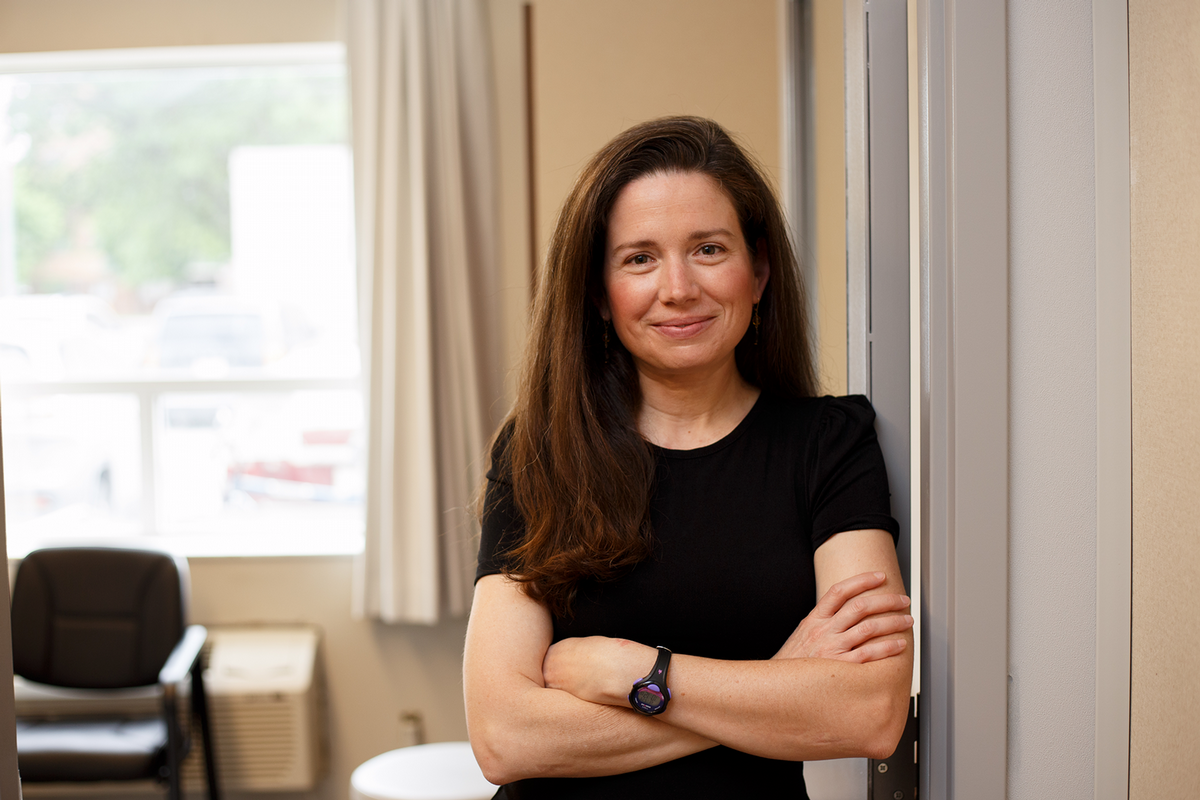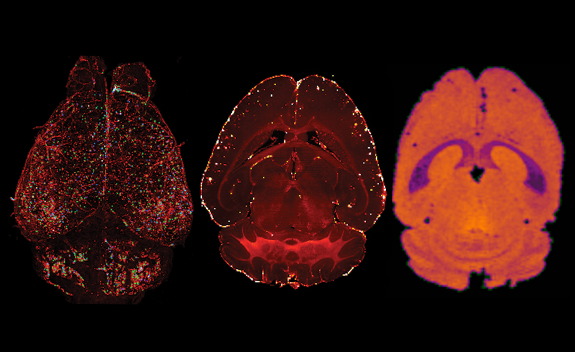This past winter, I met a young man in one of our clinics who didn’t have the capacity to give me his history. Among many challenges, he kept misplacing donated winter coats and boots and had to walk barefoot in the winter. His unusual behaviours had escalated and he had been physically assaulted.
He did not have an OHIP card, a phone or even a bed.
He was falling between the cracks.
Like most other major Ontario cities, Windsor is grappling with a homelessness crisis, compounded by COVID-19, rising inflation and the lack of affordable housing. And scenes like this are all too common.
In April 2020, the City launched its Homelessness and Housing Help Hub (H4). The drop-in centre provided the basics – housing search assistance, Ontario Works supports, access to wash rooms, a place to rest and food to eat – to the city’s most vulnerable.
Now with recent funding from Ontario Health, the Windsor-Essex branch of the Canadian Mental Health Association and its partners have expanded the health-care services it offers to people experiencing homelessness. Called Shelter Health – this initiative fills the gaps and streamlines the communication between health-care partners needed to provide on-site health care directly to those people using shelters.
In this man’s case, I was able to speak directly with the Emergency Department physician about my concerns. The patient was admitted, successfully started on a long-acting antipsychotic during his hospital stay and discharged into the community. He is thriving!
“Our future physicians gain invaluable experiences in these settings.” —Dr. Jennifer Bondy
Medical Director for WindsorShelter Health.
Adjunct Professor, Department of Family Medicine,
Schulich Medicine & Dentistry— Windsor Campus
And starting in spring 2023, Shelter Health services were bolstered with the addition of residents enrolled in the Postgraduate Family Medicine elective in Shelter Health and Social Medicine, Windsor Campus. Through this elective, these trainees can now spend at least one month of their training in the Shelter Health program.
Our future physicians gain invaluable experiences in these settings. They learn the clinical skills of perception and observation, maintaining a non-judgmental approach, recognizing and addressing barriers to following treatment plans and identifying innovative solutions.
This gentleman may have met a very different fate if not for Shelter Health. I also believe this training fine-tunes residents’ skills for the benefit of their future patients.
These are critical steps in the development of caring and compassionate doctors – no matter where they practise or who they serve.













